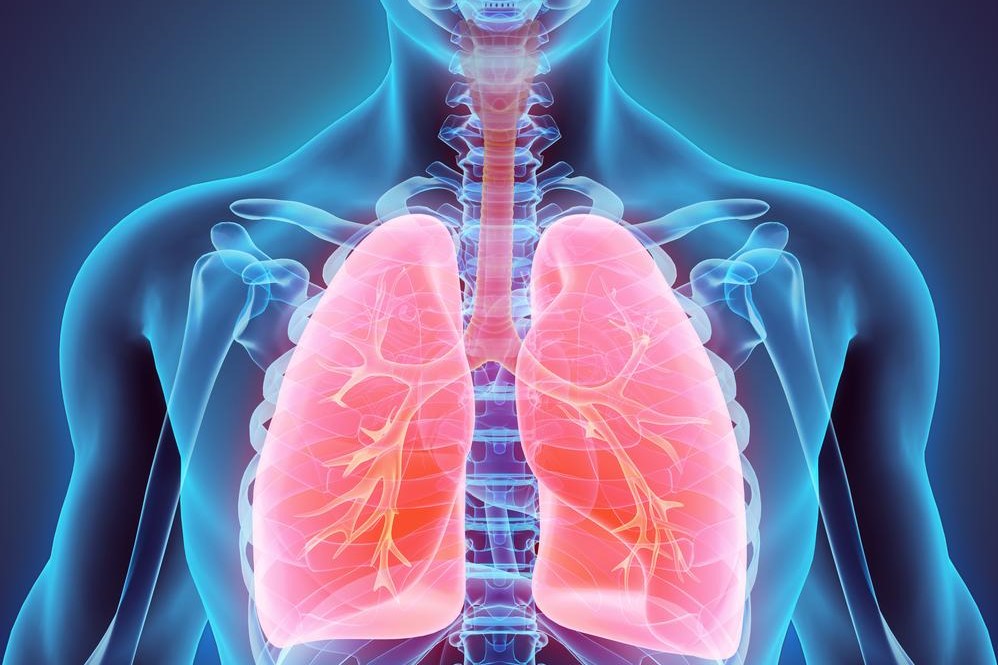Signs and Symptoms of Lung Cancer
Lung cancer often presents with no symptoms until advanced stages or metastasis. This is why it is considered a quiet killer because, by the time it is detected, it is often too late to save the patient’s life. A third of lung cancer diagnoses show that cancer has spread throughout the body, and the prognosis for a patient in those shoes is not good.
That is why some lung cancer patients opt not to fight their disease but to get palliative care.

That said, it should quickly be noted that patients do not have to choose between palliative care and aggressive treatment. Patients who wish to fight cancer with every available medical resource will also be carefully treated for pain and will be made as comfortable as possible.
Symptoms of early stages of lung cancer
- A persistent cough
- Chest pain
- Bloody phlegm
- Difficulty breathing
- Hoarseness
- Fatigue
- Infections
- Wheezing
Symptoms of advanced stages of lung cancer
- Bone pain
- Headache
- Numbness in arms or legs
- Dizziness
- Yellowing of skin or eyes
Other diseases and cancers can present with similar symptoms and therefore it is important for people with these symptoms immediately evaluated by a medical professional.
Lung cancer can also cause other syndromes to develop. Horner syndrome occurs when the lung tumor puts pressure on nerves that travel to the eye or face. Symptoms of Horner syndrome include drooping eyelids and smaller pupils. Superior vena cava syndrome occurs when the tumor puts pressure on the superior vena cava vein that carries blood from the head and arms to the heart. This can lead to facial swelling, neck swelling, headaches, and dizziness.
A third syndrome, called the paraneoplastic syndrome, occurs when the tumor produces certain hormones that can travel to and affect distant organs. Symptoms include high blood calcium, excess bone thickening, and blood clots. It is important to keep in mind that these symptoms can be signs of diseases other than lung cancer and therefore it is crucial to be immediately examined by a medical professional if these symptoms appear.















